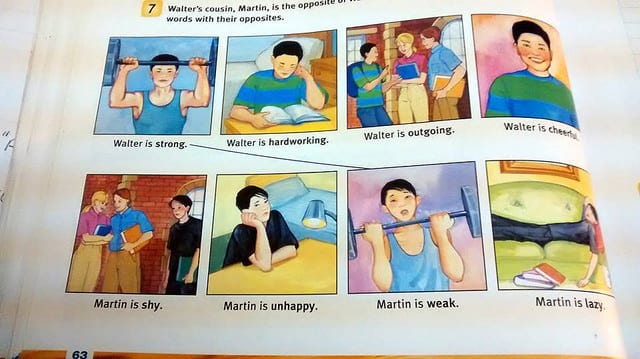Google “TEFL Certificate” and you’ll find yourself completely overwhelmed with different options. Prices for TEFL (Teaching English as a Foreign Language ) certifications range from a few hundred to a few thousand dollars; some programs only require 20 hours to complete online, while others outline several weeks of intensive in-classroom study. So how do you know which programs are actually going to help you improve your teaching skills and score a decent job overseas? Here’s an overview of everything you need to know about teaching abroad and TEFL certifications to work abroad.
Contents
You Don’t Need a TEFL Certificate

Despite having taught English for two years in Thailand and Japan, I don’t actually have a personal recommendation for a TEFL program – because I never took one. For both jobs, I was hired on the basis of my university degree alone. I’ve even heard there are still teaching positions out there that don’t require a degree, but my experience has been that a four-year degree is the minimum (and basically only) requirement.
If you only take one thing away from this article, I hope it’s the message that you don’t need to rush out and waste your money on some random TEFL course if you’re interested in teaching English abroad.
Different Countries Have Different Requirements

The requirements for becoming an English teacher vary from country to country, so deciding exactly where you want to work abroad is a good way to begin your research. As I explained above, a TEFL certificate isn’t necessary for finding a job in many countries, including Japan, Thailand, China, South Korea, and Spain, among others; however, many countries in Europe and South America do require one.
If you decide where you want to work abroad and you also want to take a TEFL course, you might be able to earn your certification in that country. It’s an easy way to connect with other teachers-in-training who are planning to live and work in the same area as you, plus some programs offer placement services that can help you find a teaching position once you have your certificate.
It’s also a good idea to find out if having a TEFL certificate will affect your salary. For example, in Thailand, I earned the same salary as my colleagues who had taken TEFL courses. When I interviewed with a few schools in South Korea, however, I was told I could earn a higher salary if I had a TEFL certificate. A TEFL certificate wasn’t a minimum requirement, but if I had decided to teach in South Korea, it would arguably have been worth the upfront investment to take one.
Not sure where you want to teach? It’s probably best to start by taking a TEFL course because then there are no limits on the places where you can apply for jobs. While you don’t necessarily need a TEFL certificate, there’s no question that you’ll have more job options if you do get one.
It’s Important to Consider Your Goals

I think one of the most important steps in choosing a TEFL course is stopping to consider exactly why you want to take one.
If you’re taking the course in order to make yourself a more attractive candidate for jobs, then I recommend finding a TEFL program with an in-classroom component. These programs usually provide the opportunity to actually teach students and receive feedback from your instructors. It’s not a hard-and-fast rule, but generally, schools and countries that care about TEFL certifications prefer job applicants who have completed about 120+ hours of study with at least 20 hours of in-classroom practice.
Although TEFL courses with an in-classroom component are almost always more expensive and time-consuming than online certifications, they’re worth it if you want schools to take your certification seriously. I’ve even seen job postings specifying that only candidates with in-classroom TEFL certifications are eligible for the positions. Plus if you’re going to make the decision to take a TEFL course, I think it makes sense to invest in a reputable one rather than trying to squeak by with the cheapest and easiest one you can find.
That said, if you’re interested in taking a TEFL course because you simply want to brush up on your grammar basics or learn some lesson planning strategies, then an online course might be all you need. In this case, research the curriculums of different online programs and choose one that focuses on the aspects of teaching you most want to improve upon.
Pin for Later:

